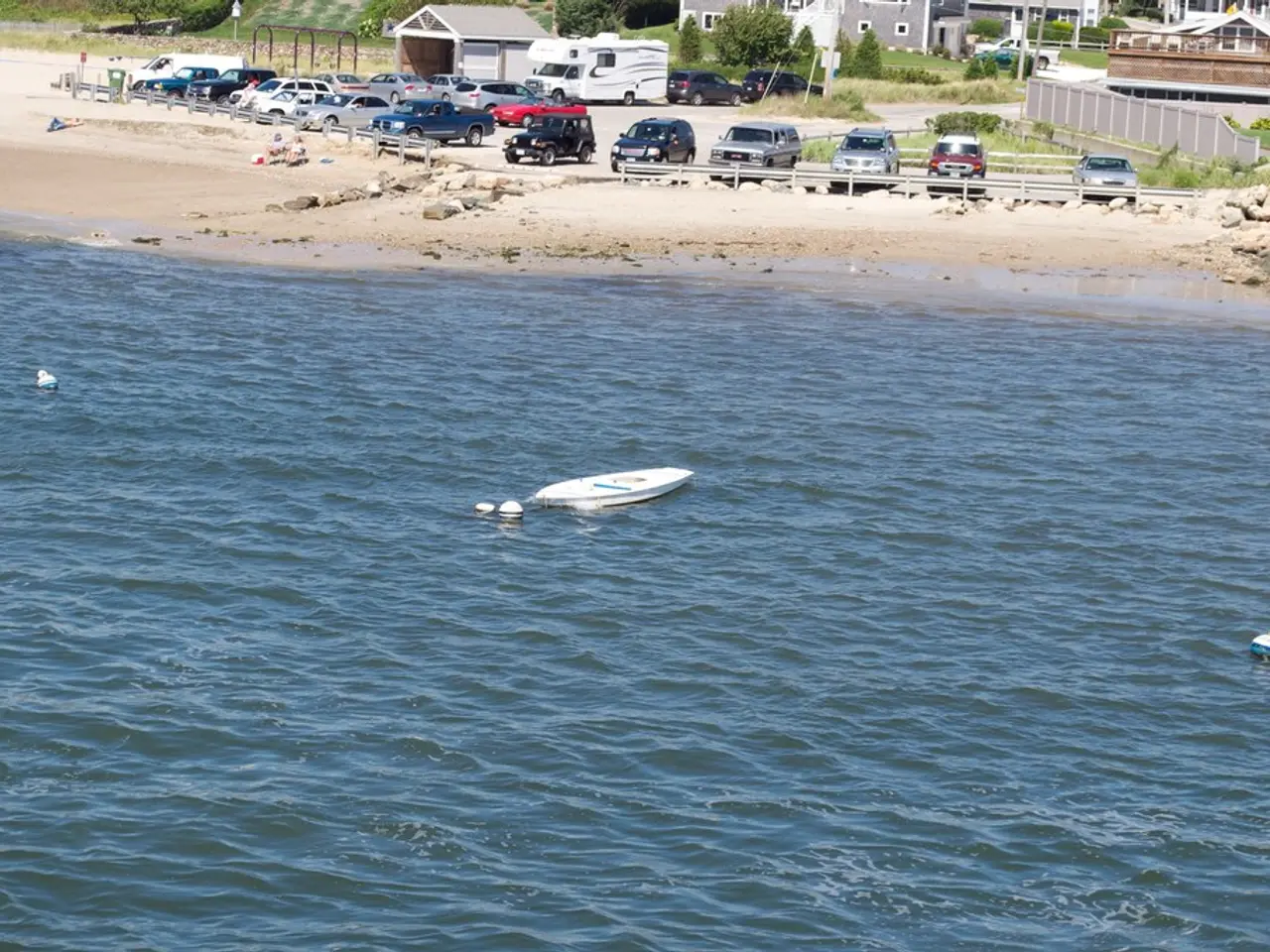Discussion in a podcast: Aramis CCS could potentially expand to a scale 10 times that of Porthos.
In the world of industrial gas, Rob Cockerill, the Content Director at gasworld, has sounded a cautionary note about the state of the CO2 market. While there hasn't been a major shortage to the industry, Cockerill points out tightening issues on the UK side and some warning flags in Europe.
The potential for a full-blown shortage hasn't been realized yet, but there are reports of at least one major UK plant facing difficulties and two major European CO2 producing plants operating at below capacity. This has led to a relatively quiet CO2 market for the last two years, but Cockerill emphasizes the need to be sensible and not to overreact to the current tightening issues.
One of the key areas of focus is the Port of Rotterdam, where the Aramis carbon capture and storage project has the potential to be 10 times the size of the Porthos project. The Porthos project, a collaborative effort between the Port of Rotterdam Authority, Shell, Exxon, Air Liquide, and Air Products, will store 2 million tonnes of CO2 annually under the seabed from the second half of 2026.
The Aramis project is a collaboration between TotalEnergies, Shell, Energie Beheer Nederland (EBN) and Gasunie. The group developing the Aramis project for CO2 storage and transport in the Port of Rotterdam is a consortium involving industry clusters in the Netherlands and the Ruhr area, although the specific name of the group is not provided in the available sources.
As the energy transition progresses, the port may need more room for new energy solutions. Cockerill suggests that some industry facilities may disappear, but they should be repurposed into something useful and embrace circularity. The port also has future opportunities for delivering methanol as a feedstock for e-SAF.
The dependency on CO2 is a bigger story, according to Cockerill. There's a seasonality factor in summer, when demand spikes in the food & beverage industries, and the same time as ammonia and bioethanol plants are scaling back or going down for maintenance. Cockerill is aware of the dependency on CO2 and how it's readily exposed.
Looking ahead, nuclear power is a 'serious possibility' for large containerships by 2040/50 due to the growth in small nuclear reactors. The Port of Rotterdam Authority is not investing in an ammonia or hydrogen terminal, but is facilitating the connecting infrastructure.
For a more in-depth discussion on these topics, you can read the online interview here or listen to the podcast here.








